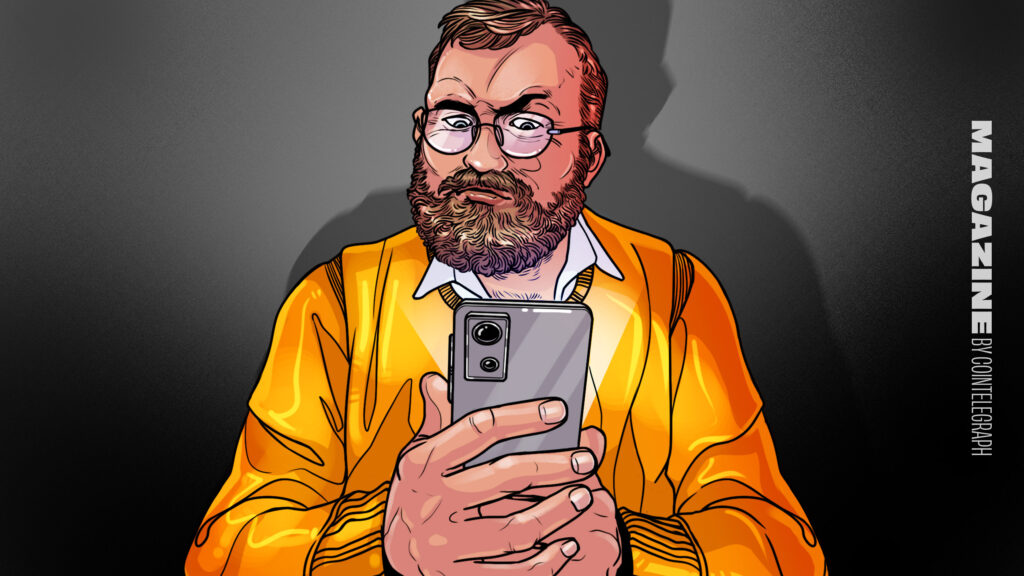
Charles Hoskinson drives Cardano’s many achievements but also overshadows them with controversial comments and by picking pointless fights.
Charles Hoskinson is arguably the best and worst thing about Cardano. Without him, of course, the chain would not exist hes driven its development over the past decade and claims he invested $450 million of his own funds into bootstrapping the network.
But hes also a magnet for bad publicity who makes everything about him and constantly picks pointless fights. This week, for example, hes threatening to sue Wyoming for not using Cardano for its stablecoin. He frequently overshadows the networks many technical achievements in terms of decentralization, governance and its new privacy-focused sidechain, Midnight.
Despite just having turned 37, he looks like a semi-retired professor with his retreating hairline, greying beard and signature colorful shirts during our interview at Token2049 he was wearing a kitten. Being born middle-aged may have helped spark his keen interest in researching experimental stem cell longevity therapies, which he plans to trial on himself to turn the clock back 10 years.
With a fortune of around $1.2 billion (according to him), Hoskinson has enough money to do whatever he likes whether its hunting alien artifacts, gene editing glow-in-the-dark plants, or trying to convince world leaders like Argentinas Javier Milei and the Trump transition team of the benefits of crypto and/or running the world on Cardano.
Hoskinsons amount of wealth is often called fuck you money, and he appears to embody the idiom, frequently saying controversial things and insulting other projects and people in his characteristically blunt way.
When we were introduced, Magazine joked that we were hoping youll say something horribly controversial, and then we can get a great news story out of it.
And thats precisely what happened after Hoskinson explained at length why Ethereum is run like a dictatorship. After Cointelegraph published a news story to that effect, he very publicly complained about being accurately quoted. Not being misquoted, or quoted out of context he was just upset that a story was published based on something he said.





